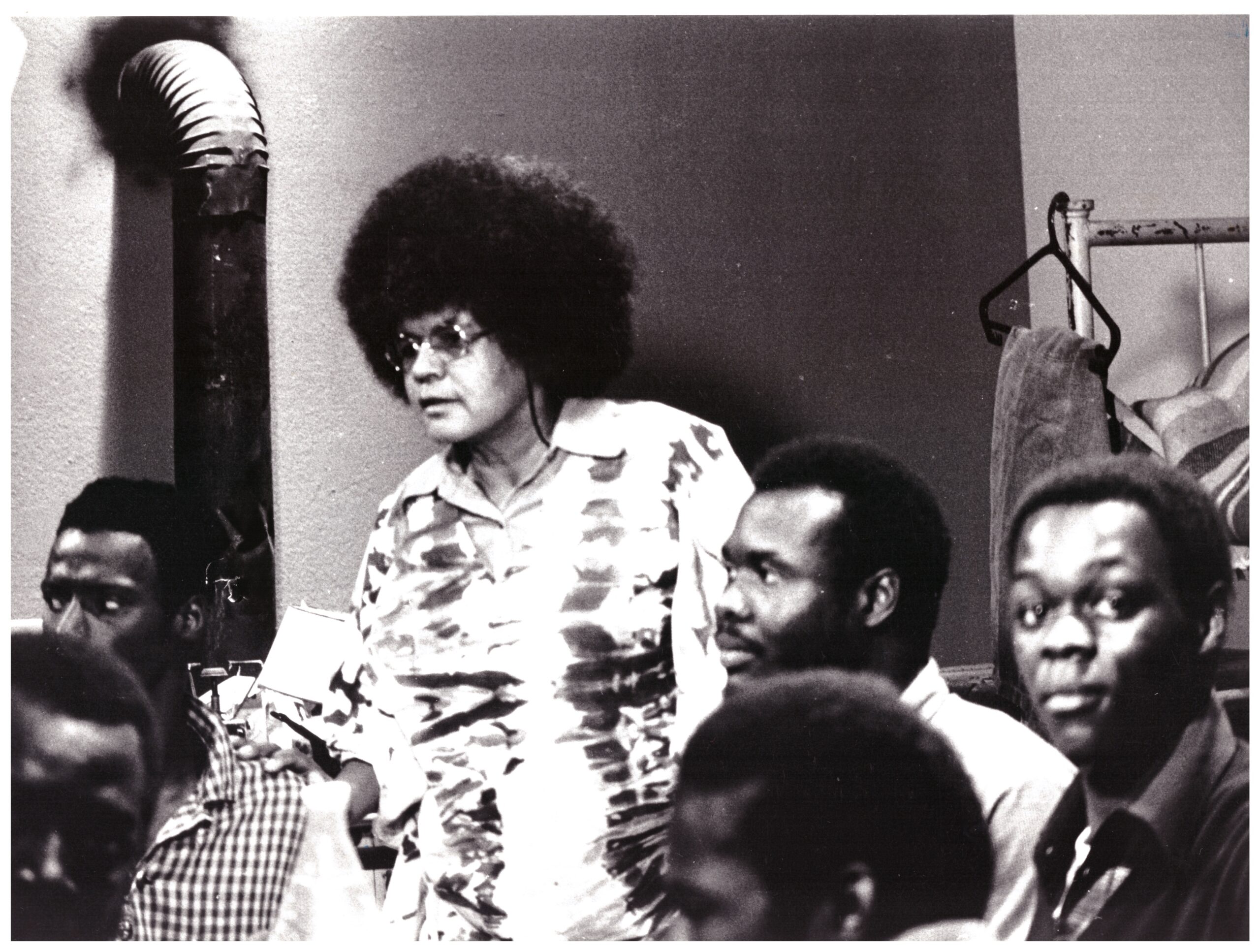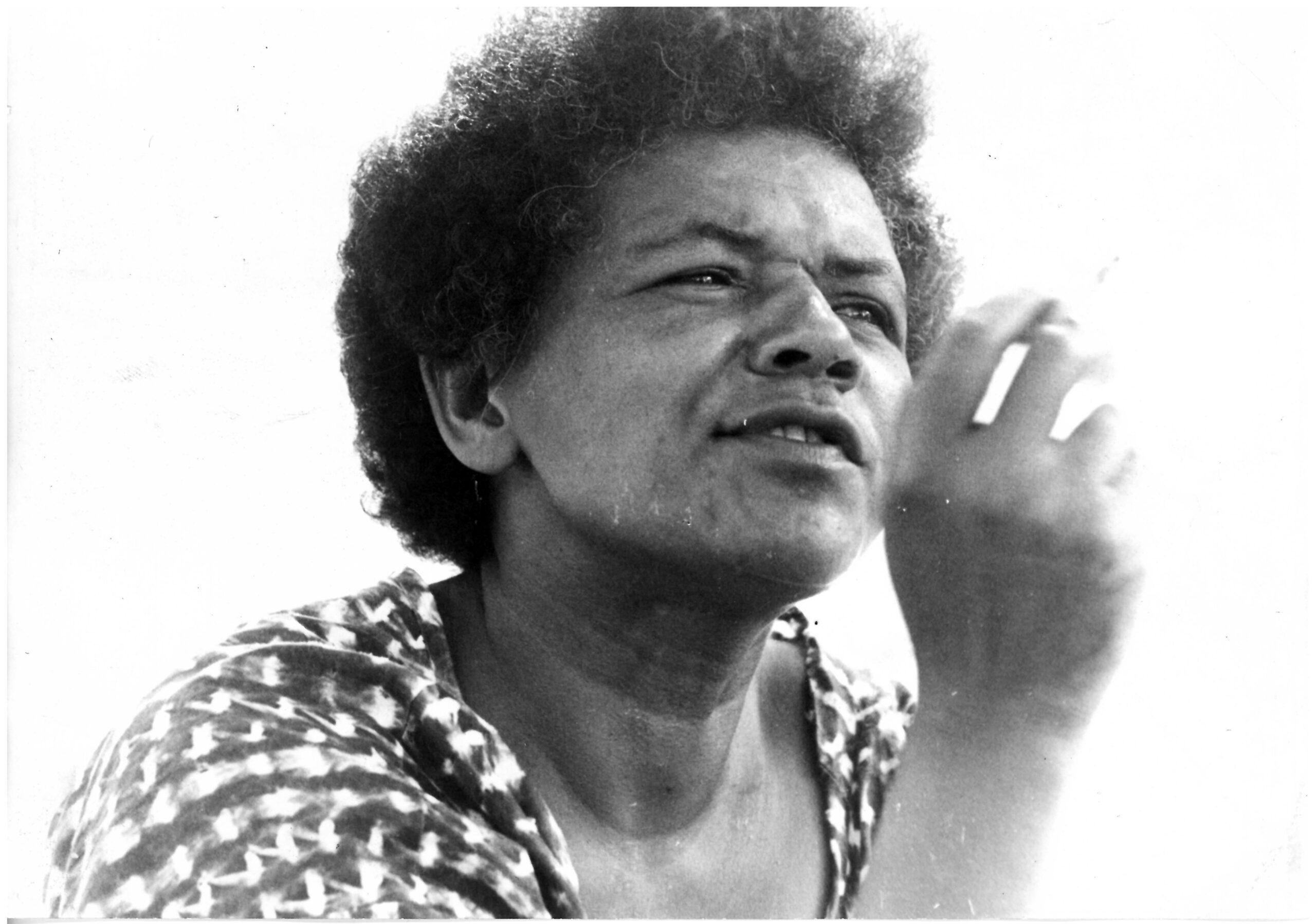
Sarah Maldoror: C’est Pour Vous Que Je Parlerai
Curated by BHMF (Justin Randolph Thompson & Janine Gaëlle Dieudji)
This research based exhibition honors the visionary filmmaker Sarah Maldoror through her filmography and friendship with poet and politician Aimé Césaire. Maldoror, whose work forged a radical cinematic language contributed greatly to the wider currents of Black liberation and poetics.
Developed in collaboration with her daughter Annouchka de Andrade, and drawing on personal archives, the project explores Maldoror’s deep engagement with the legacies of the First Congress of Black Artists and Writers in 1956, with the legacy of Negritude and her enduring commitment to revolutionary storytelling.
Presented by The Recovery Plan as an extension of the Festival dei Popoli’s retrospective dedicated to Sarah Maldoror, the exhibition invites reflection on the archive as a living site of memory and resistance. New texts by Chris Cyrille, Leonardo De Franceschi and François Piron offer critical and poetic responses to Maldoror’s body of work.


